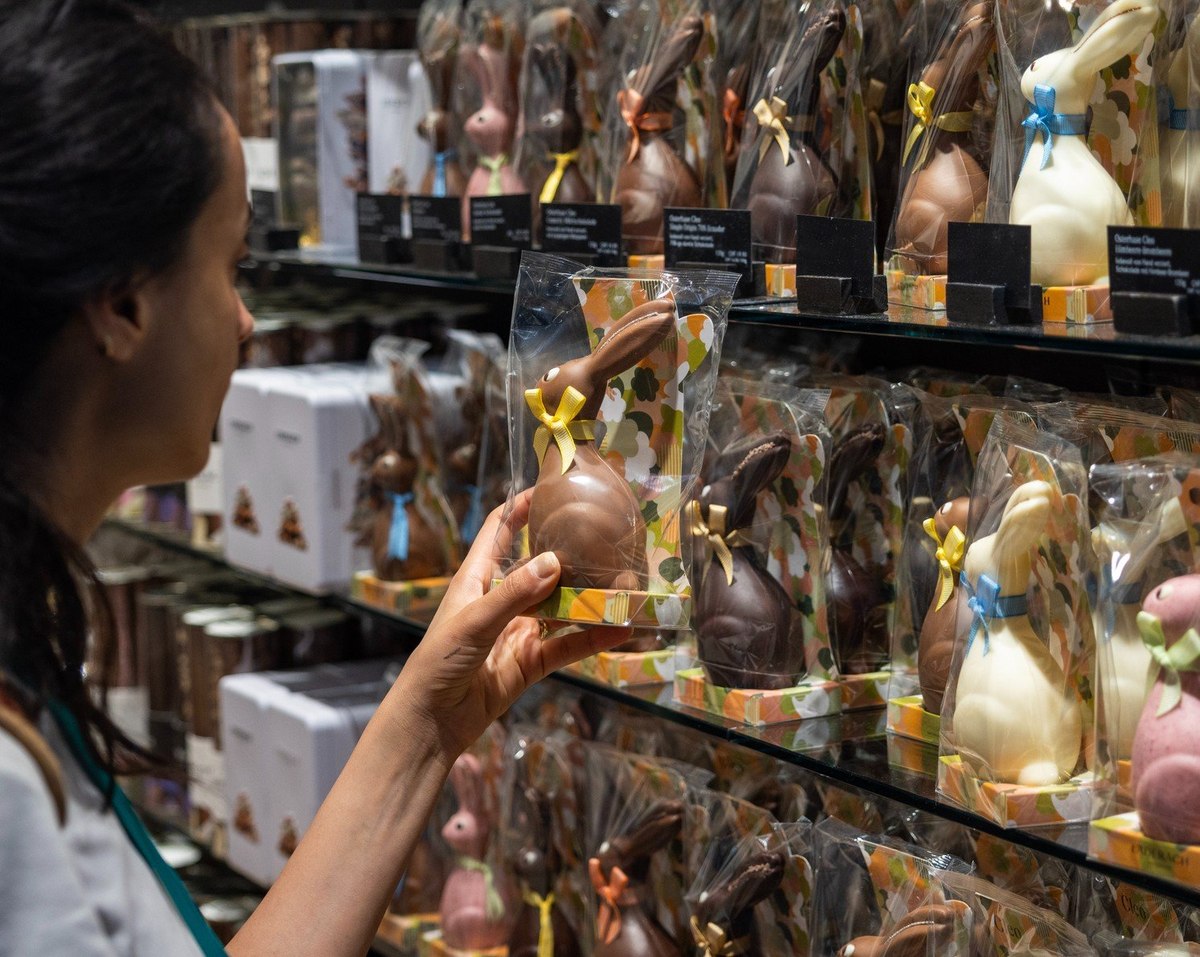
What influences UK shoppers to buy seasonal ranges
With Easter approaching and retailers beginning to roll out seasonal product ranges, YouGov used its YouGov Surveys: Serviced tool to explore how often UK consumers buy products tailored to special occasions and what influences those purchases. The findings provide a snapshot of shopping habits as brands compete for attention during one of the year’s key seasonal moments.
The majority of UK adults say they engage in purchasing special occasion ranges at least sometimes. A quarter say they produce these products often (25%), and another 8% say they always do. Additionally, 41% say they buy them sometimes. That leaves just a quarter (25%) who say they rarely or never buy these types of products.
Women are more likely than men to frequently shop for special occasion ranges (10% of women ‘always’ purchase special occasion ranges vs. 6% of men, and 26% of women ‘often’ buy vs. 23% of men). Likewise, parents or guardians show higher engagement, with 11% always and 28% often buying such items compared to 4% and 20% respectively among non-parents.
Could special occasion ranges boost supermarket footfall?
Of those who do purchase from special occasion ranges, only 9% say the availability of special occasion ranges could strongly influence where they shop, while another 32% say it would affect their habits a little. Younger age groups again show higher potential responsiveness: 18% of 25–34s say it would influence them a lot and 43% say a little.
This suggests that while special occasion ranges may not be the primary draw for most shoppers, they hold potential for retailers—especially supermarkets—to increase visits among younger consumers or those already inclined to shop seasonally.
Celebrations and major holidays drive most purchases
The types of occasions that lead consumers to shop special ranges are mostly centred on celebrations and holidays. Over four-fifths (83%) of special occasion shoppers say they are likely to purchase special products for celebrations like birthdays and anniversaries. A similar share (81%) cite major events such as Christmas, Halloween and Easter.
Smaller occasions like movie nights or self-care weekends are less likely to influence such purchases (17%). However, younger consumers, (particularly 25-34s, are more receptive to these niche events, with 32% buying for smaller personal occasions and 32% also citing seasonal themes like BBQs and winter cosiness.
Despite widespread participation in special occasion shopping, only 7% of special occasion shoppers say they always set aside a budget for it, and 12% do so often. The most common approach is budgeting sometimes (33%), while 24% say they never plan financially for these types of purchases.
Price, quality, and availability drive decision-making
When deciding what to buy, price is the most influential factor for 67% of special occasion shoppers, followed by product quality (49%) and availability (36%). Convenience (33%) and uniqueness (30%) also factor into decisions.
Younger adults show greater sensitivity to trends and values. Among 18–24-year-olds who make special occasion purchases, 24% are influenced by social or cultural trends, and 20% cite environmental sustainability — both higher than the national average.
Methodology: YouGov Surveys: Serviced provides quick survey results from nationally representative or targeted audiences in multiple markets. This study was conducted online on 26-27 March 2025, with a nationally representative sample of 2,068 adults in the United Kingdom (aged 18+ years) of which 1,838 buy special occasion ranges, using a questionnaire designed by YouGov. Data figures have been weighted by age, gender, education and region to be representative of all adults. Learn more about YouGov Surveys: Serviced.
Image: Getty Images